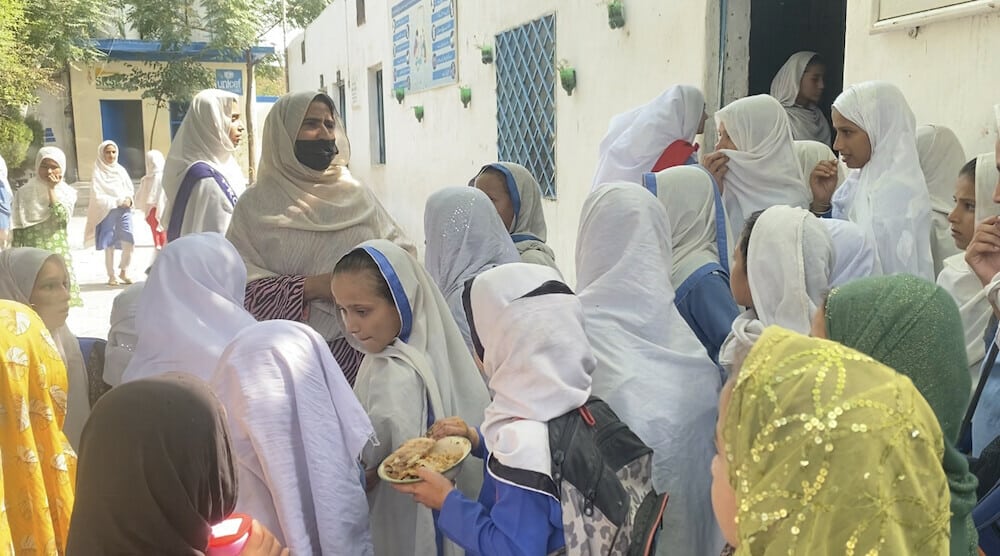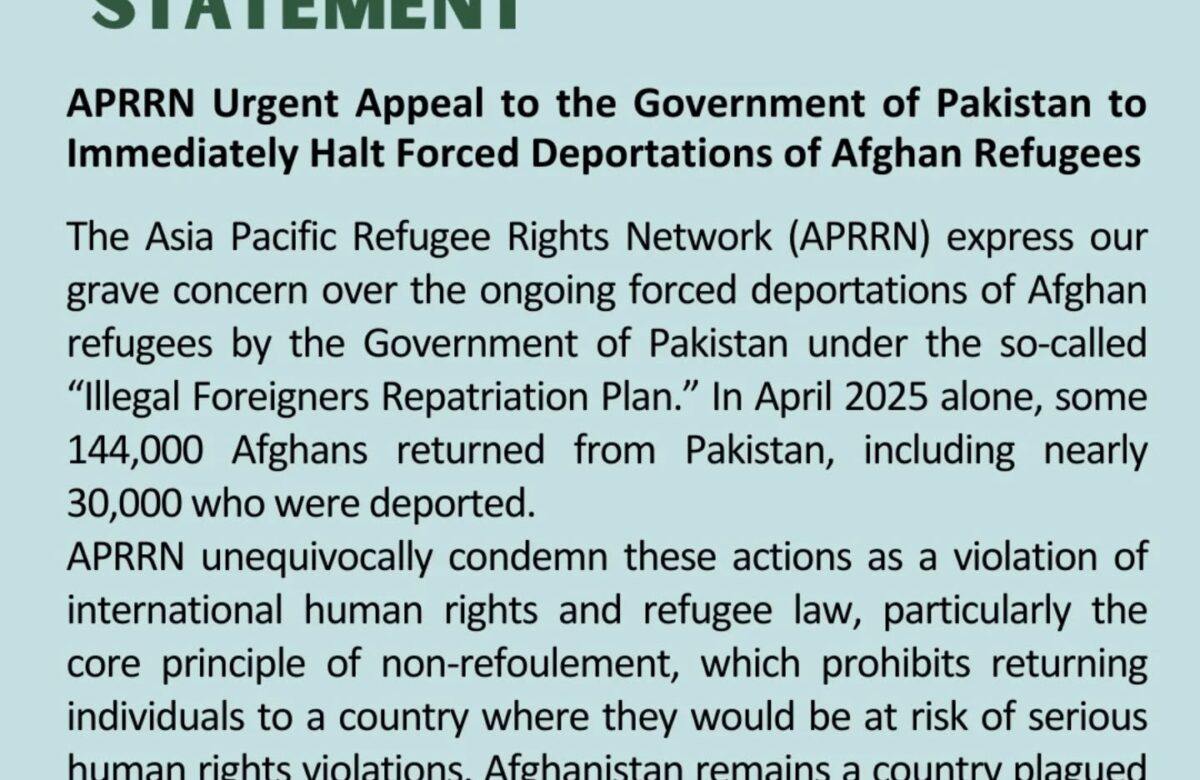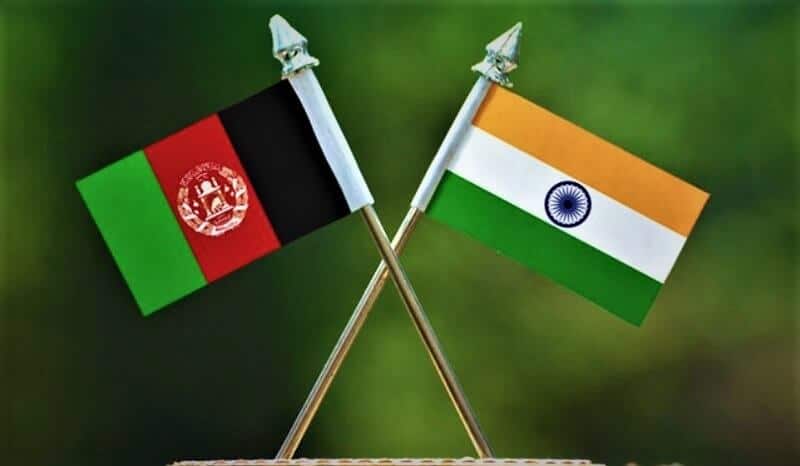
As Pakistan begins second phase of deportation, Afghan women fear what lies ahead
در حالی که پاکستان مرحله دوم اخراج را آغاز می کند، زنان افغان با آنچه روبرو می شوند می ترسند
در افغانستان، حقیقت دلخراشی وجود دارد: دختران از حق تحصیل محروم هستند، و این کشور تنها کشوری در جهان است که چنین ممنوعیتی را اجرا می کند. این بی عدالتی در 17 سپتامبر 2021 رخ داد، زمانی که طالبان دختران بالای 11 سال یا بالاتر از کلاس ششم را از ادامه تحصیلات عالی منع کردند.
در نتیجه، آرزوهای دختران افغان خفه می شود – پتانسیل آنها در پشت درهای بسته قفل می شود. این محدودیت نه تنها تجربه یادگیری آکادمیک را از آنها سلب می کند، بلکه رویاهای آنها را برای فردایی روشن تر نیز در هم می ریزد. به طور غم انگیز، تنها سوسو زدن امید برای کسانی است که به اندازه کافی ممتاز هستند که بتوانند زندگی خارج از افغانستان را بسازند.
در چند دهه گذشته، پاکستان به عنوان خانه برای پناهندگان افغان خدمت کرده است. با این حال، گفتمان فعلی در مورد اخراج، وضعیت را به میزان قابل توجهی پیچیده کرده است.
در 3 اکتبر، دولت پاکستان اعلام کرد که حدود 1.7 میلیون پناهجوی بدون مدرک، که اکثریت قریب به اتفاق آنها افغان هستند، در مناطق مختلف کشور زندگی می کنند. سپس به همه کسانی که مدارک لازم را نداشتند دستور داد تا اول نوامبر کشور را ترک کنند یا در خطر اخراج اجباری قرار گیرند. به این مهاجران ثبت نشده «بیگانگان» نیز گفته میشود که هیچ گونه مدرک شناسایی، از جمله کارت POR (اثبات اقامت) یا ACC (کارت شهروندی افغانستان) نداشتند.
مقامات پاکستانی اکنون تصمیم گرفته اند به مرحله دوم اخراج – هدف قرار دادن کسانی که مجوز ACC را دارند، بروند. این واقعیت آشکار به ویژه برای زنان افغان که حقوق اساسی آنها در کشورشان در خطر است، نگران کننده است.
In Afghanistan, a harrowing truth persists: girls are denied the right to education, making it the only country in the world enforcing such a ban. This injustice transpired on Sep 17, 2021, when the Taliban prohibited girls older than 11 or beyond sixth grade from pursuing higher studies.
As a result, the aspirations of Afghan girls are stifled — their potential locked away behind closed doors. The restriction not only robs them of the experience of academic learning but also crushes their dreams for a brighter tomorrow. Tragically, the only flicker of hope lies for those privileged enough to carve a life outside of Afghanistan.
For the past several decades, Pakistan has served as a home for Afghan refugees. However, the current discourse on deportations has considerably complicated the situation.
On October 3, the Government of Pakistan said that an estimated 1.7 million undocumented refugees, the vast majority of them Afghans, were living in different parts of the country. It then ordered everyone who did not have documentation to leave the country by Nov 1 or risk being forcibly evicted. These unregistered migrants were also referred to as ‘aliens’, who had no form of identification, including either a POR (Proof of Residency) card or an ACC (Afghan Citizen Card).
The Pakistani authorities have now decided to move on to the second phase of deportations — targeting those holding ACC permits. This looming reality is particularly alarming for Afghan women, whose fundamental rights stand imperiled back home.
Source
- Tags
- Oceania



